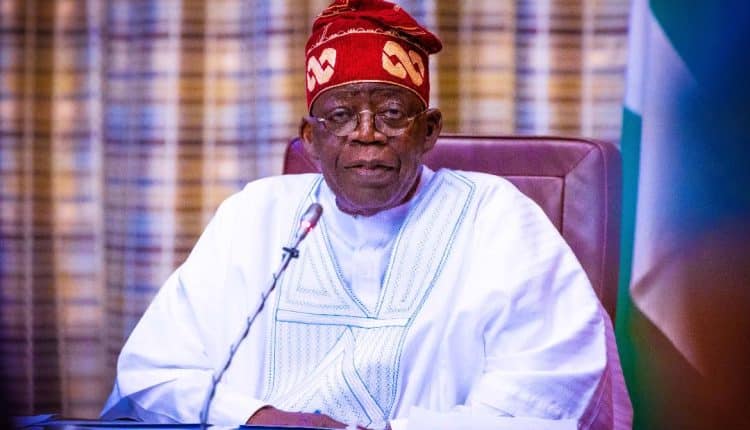
The pursuit of Nigeria’s ambition to become a $1 trillion economy faces significant challenges amidst currency volatility and the depreciation of the naira, reflecting a potential setback for the nation’s economic growth trajectory.
Analysis by Nairametrics unveils the profound impact of naira devaluation, indicating a substantial loss of approximately $193 billion in the country’s Gross Domestic Product (GDP) when converted from naira to dollar.
The GDP for the year-long period from Q4 2022 to Q3 2023 stood at N224.54 trillion, translating to approximately $292.08 billion at the prevailing exchange rate of N768.76/$1 in September 2023.
However, reverting to the exchange rate before the FX unification policy at about $462.88/$1, Nigeria’s GDP could have been approximately $485.09 billion. The 39.79% naira devaluation also triggered a commensurate loss in GDP value in dollar terms.
Despite observing growth in naira terms over quarters, Nigeria grapples with a currency depreciation of up to 40% throughout the current year, depicting significant currency volatility.
Nevertheless, Nigeria maintains its lead as the continent’s largest economy, surpassing South Africa. While South Africa’s currency also experienced a decline, it was not as drastic as Nigeria’s, with a currency devaluation of approximately 15%.
Comparatively, for Nigeria’s GDP to fall below South Africa’s in USD terms, the naira would need to plummet to approximately N900/$1, a scenario not yet encountered, considering the official exchange rates.
However, projections outlined in the Federal Government’s Medium-Term Expenditure Framework and Fiscal Strategy Paper (MTEF/FSP) anticipate Nigeria’s GDP to hit $436.73 billion by 2026, a significant deviation from its $1 trillion ambition.
President Bola Tinubu’s ambitious target to grow the economy to $1 trillion by 2026 and $3 trillion by 2030 faces hurdles amidst forex market unification efforts that inadvertently spurred instability.
While recent reforms aim to strengthen the naira against the dollar and bolster Nigeria’s GDP in dollar terms, achieving the $1 trillion milestone by 2026 necessitates formidable economic growth.
Experts say prevailing currency dynamics and macroeconomic uncertainties make the task even more challenging.
